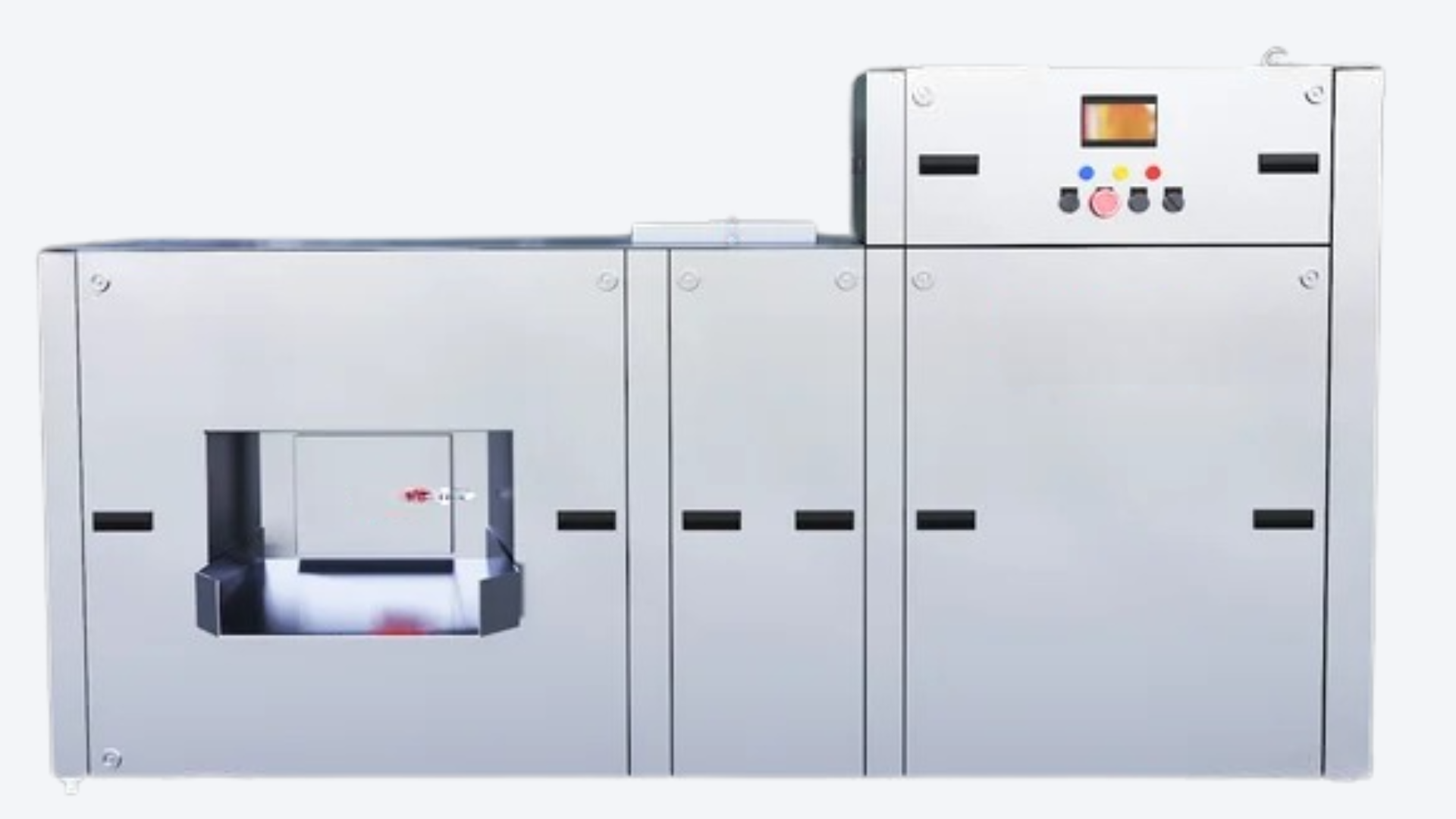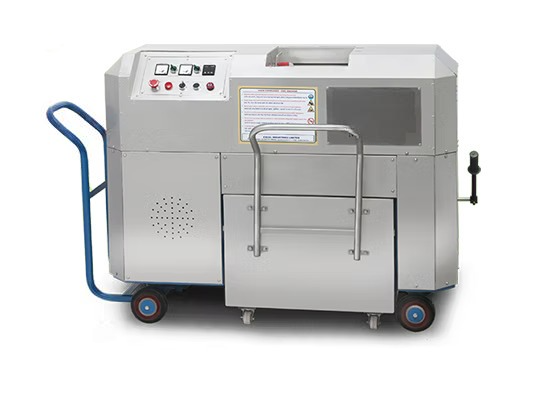Need Help?
Frequently Asked Questions (FAQs)
1. What types of waste can the OWC Organic Waste Composting Machine process?
The OWC machine processes most organic waste, including kitchen scraps, vegetable peels, fruit waste, cooked food leftovers, garden waste, and biodegradable materials. It is not suitable for plastics, metals, or inorganic waste.
2. How much time does it take to turn trash into compost?
Our OWC machines convert organic waste into usable compost within 24 to 48 hours, significantly faster than traditional composting methods.
3. Is the compost produced safe and usable for gardening?
Yes, the compost generated is nutrient-rich, odor-free, and safe for all gardening and landscaping needs, promoting healthier soil and plants.
4. How much organic waste can the machine handle daily?
We offer models with capacities ranging from 25 kg/day to over 1000 kg/day, catering to small households as well as large institutions and industries.
5. Does the machine produce any odor or attract pests?
In order to provide a clean and hygienic composting process, the OWC machine is equipped with bio-degraders and odor control that get rid of bad odors and keep pests away.
6. What maintenance is required for the composting machine?
Regular cleaning of the shredding and mixing components, occasional filter replacement, and periodic checks of microbial health are typically sufficient to keep the machine running efficiently.
7. Can the machine operate in all climates?
Yes, the machine is designed to function effectively in a wide range of climates, including humid and dry conditions, with appropriate microbial support.
8. What are the energy requirements of the OWC machine?
Our machines are energy-efficient, typically requiring low power consumption ranging from 0.5 kW to 5 kW, depending on capacity and model.
9. Is installation and training provided?
Yes, we offer complete installation, user training, and ongoing technical support to ensure smooth operation and maximum performance.
10. What are the environmental benefits of using an OWC machine?
The OWC machine greatly lessens its influence on the environment and promotes sustainable waste management techniques by diverting organic waste from landfills, cutting methane emissions, minimizing waste disposal costs, and creating organic compost.



